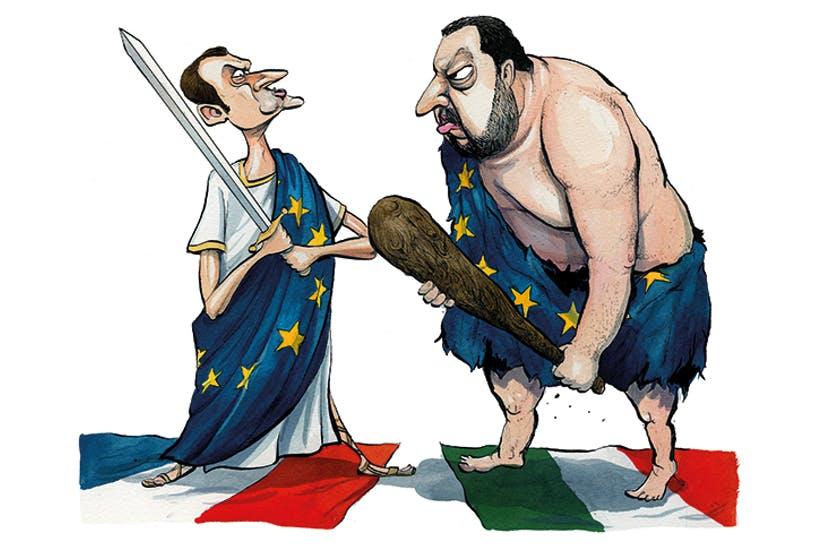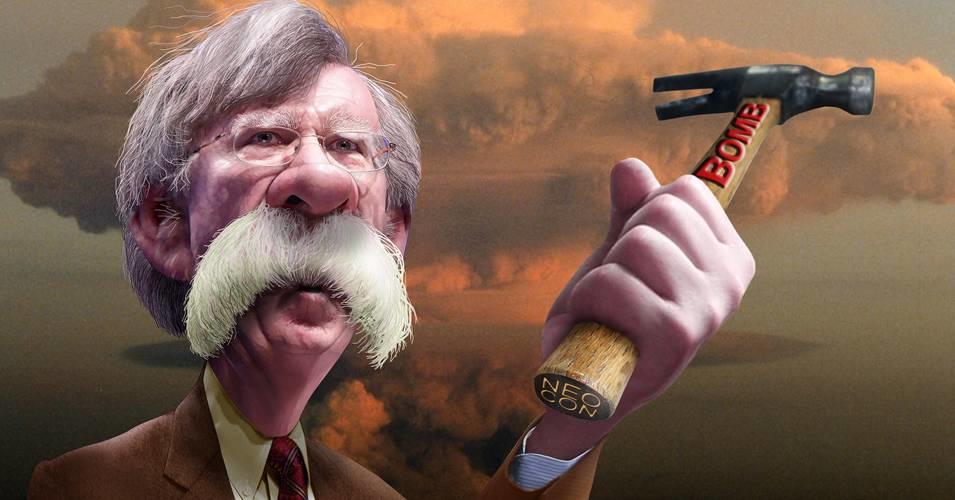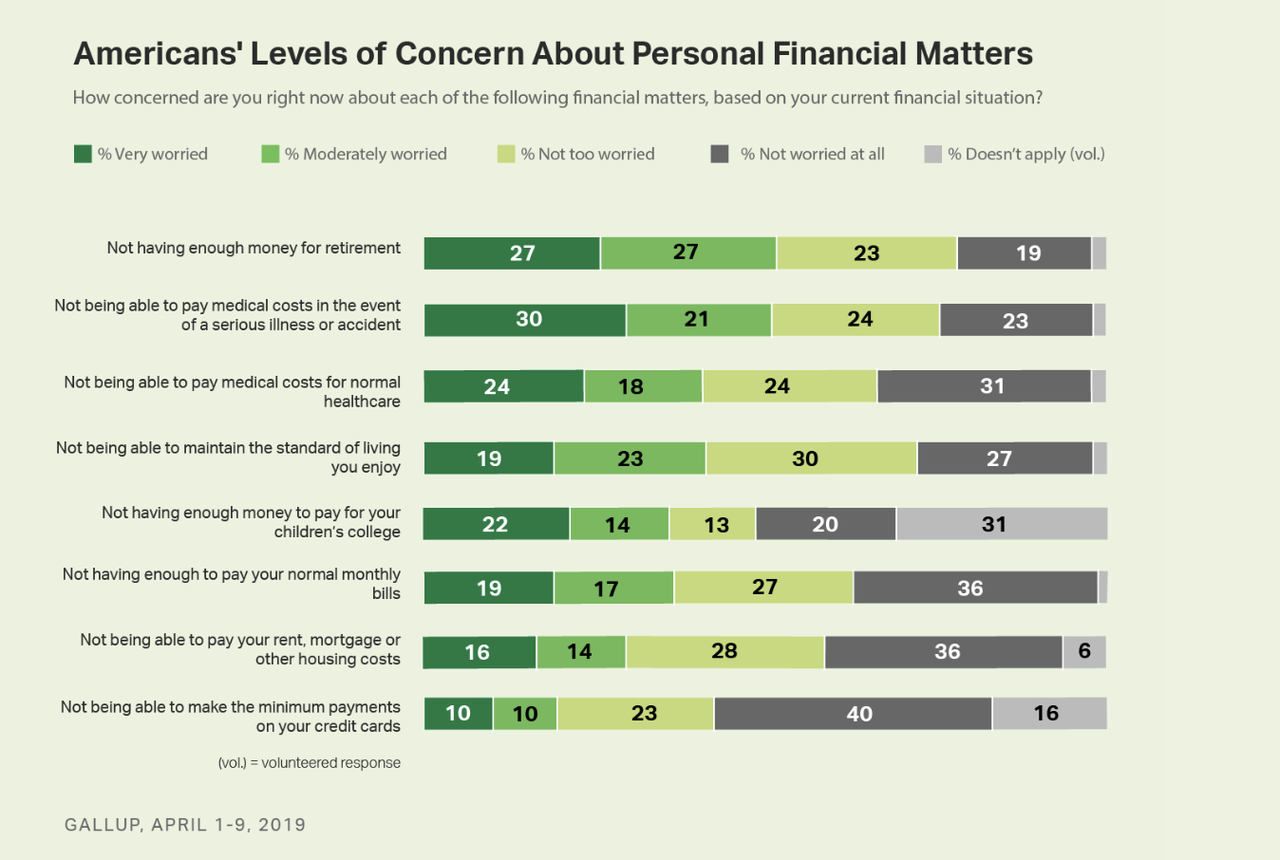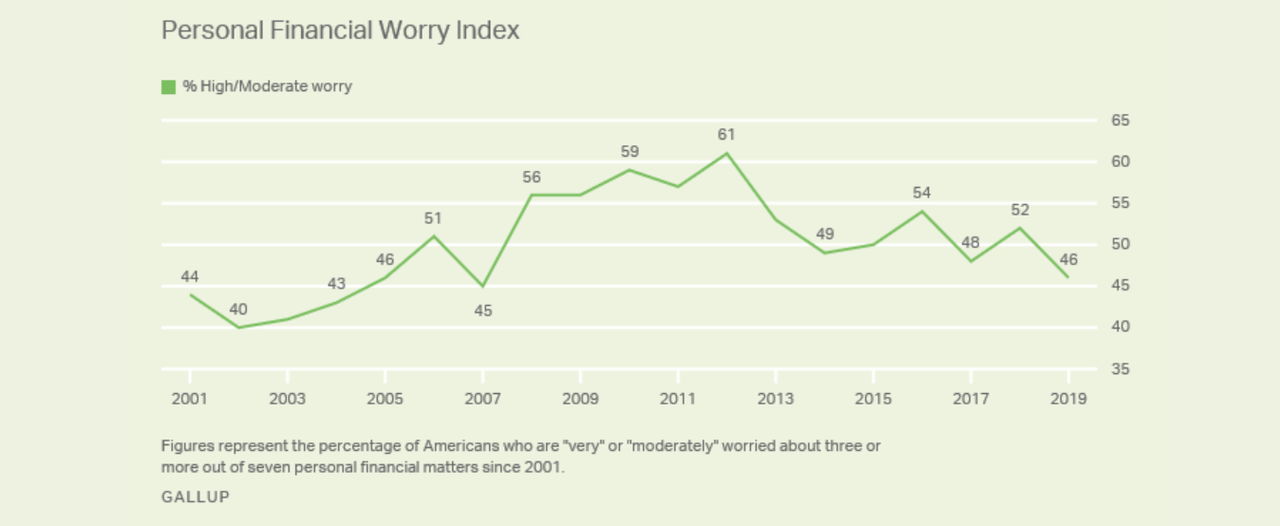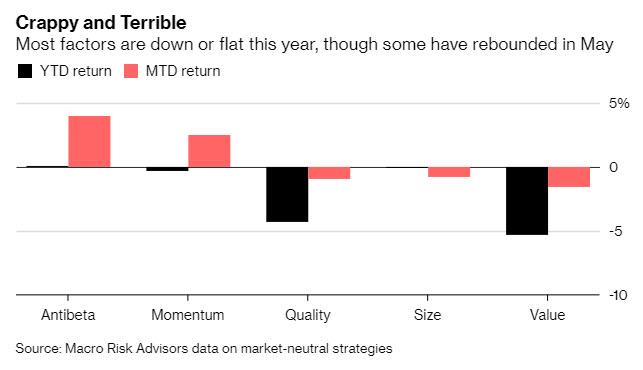On the morning of March 14, 2016, in a tiny office in Rio de Janeiro, a libertarian businessman named Winston Ling met with Jair Bolsonaro, a right-wing congressman running a longshot campaign to be president of Brazil. Some of Ling’s closest associates had pleaded with him not to sit down with Bolsonaro, who was infamous for public comments praising torture and dictatorship and denigrating women and minorities. Just associating with him, they feared, would tarnish Brazil’s libertarian movement, which was drawing new followers at an astounding pace and winning mainstream recognition.
Three years later, Bolsonaro is president. Ludwig von Mises scholars, free market think tankers, and even anarcho-capitalists now occupy top-level positions in his administration, where they hope to slash the government bureaucracy of the nation ranked as the absolute worst by the World Economic Forum in the category of “burden of government regulation”—a country that goes beyond regulating the number of hours that workers spend on the job to micromanaging the size and make of the punch clocks used to record their arrivals and departures. “I’m losing all my guys to government,” says Hélio Beltrão, founder and president of the Brazilian Mises Institute, with a grin.
But other prominent libertarians are outraged over their former comrades’ willingness to ally themselves with a politician The Intercept has called “the most extreme and repellent face of a resurgent, evangelical-driven right-wing attempt to drag the country backwards by decades.”
Bolsonaro is not a libertarian; in many ways he is sharply un-libertarian. He has been working to make it easier for police to kill civilians with impunity. He has repeatedly praised the military dictatorship that ruled Brazil from 1964 to 1985. He has flatly declared himself “in favor of torture.” And in 2002 he said, “If I see two men kissing in the street, I will hit them.”
“It shows that their commitment to individual liberty is actually not that strong,” says Joel Pinheiro da Fonseca, a libertarian columnist at Folha de S.Paulo, Brazil’s largest newspaper. They want “a more authoritarian style of government that can bring about their economic policies more easily.”
Ling argues that the country didn’t have time to entertain fantasies of a truly principled free market politician rising to power. In 2016, when he met with Bolsonaro, the leftist Workers Party had controlled the presidency for 13 years. Brazil’s unemployment rate was approaching 12 percent, and the economy had contracted by more than 3 percent the prior year. “For me this was life or death,” he says. “I truly believed if someone else were elected president, Brazil would go down.”
The beginning of Bolsonaro’s presidency has been chaotic. The free marketeers have made some significant progress in cutting red tape but must also contend with powerful special interests that want to maintain the status quo. Concern is growing that their participation in Bolsonaro’s administration will damage the libertarian movement and help the Workers Party win back credibility. If Bolsonaro fails to meaningfully liberalize the economy, says Pedro Ferreira, a co-founder of the libertarian Free Brazil Movement, “we’re going to be in a lot of trouble.”
A Troublesome Alliance
Jair Bolsonaro is best understood as “Trump without the success in business,” says Paulo Roberto de Almeida, a Brazilian political scientist, career diplomat, and prominent pro-market intellectual. “He’s a populist, nationalist, xenophobe, [and] misogynist.”
A former Army captain with an undistinguished military career, Bolsonaro served 27 years in the National Congress before he was elected president, passing just two minor bills during his entire tenure.
He was best known for his incendiary public comments. In a 2011 interview, he told Playboy that he would be “incapable of loving a homosexual son,” preferring that a gay child “die in an accident.” In 2016, he said the “biggest mistake” of the dictatorship that used to rule Brazil “was to torture and not to kill.” In March, he asked the nation’s armed forces to commemorate the 55th anniversary of that coup.
In his first months in office, Bolsonaro’s most substantive policy proposal has been a draconian anti-crime package that includes more lenient treatment of police officers who kill while on duty.
Police shootings have been shockingly rampant in the country for a while. In 2017, law enforcement killed 5,144 civilians, or 14 people per day. In March 2018, two former Rio de Janeiro police officers were arrested on charges of murdering Marielle Franco, an openly gay city council member, by shooting her in the head with a submachine gun. According to Human Rights Watch, extrajudicial executions by cops are common. In 2003, Bolsonaro said that “as long as the state does not have the courage to adopt the death penalty, those death squads, in my opinion, are very welcome.”
Yet Bolsonaro also has an uncanny ability to connect with voters, which is what drew Winston Ling’s attention. “Every time he came to a city, there was a huge number of people at the airport,” the businessman recalls.
The 63-year-old Ling is a founding figure in Brazil’s libertarian movement—or movimento liberal, since the Portuguese word liberal has retained its classical meaning—who helped establish two prominent think tanks in the 1980s. He and his siblings co-own a handful of companies started by their Chinese immigrant father, who made a fortune in the soybean and petrochemical industries.
At their initial meeting in 2016, Ling gave Bolsonaro a half-hour tutorial on the Austrian school of free market economics and left him with two books, Frédéric Bastiat’s The Law and Mises’ Economic Policy: Thoughts for Today and Tomorrow. (He chose those two, he recalls, because they’re “thin and easy to read”—and “politicians don’t read.”) He also offered to help Bolsonaro assemble a “council” of free market economists to join his campaign.
Bolsonaro accepted the offer, so Ling flew home to Shanghai and started working through his Rolodex. “Nobody wanted to meet him,” Ling recalls, because of Bolsonaro’s reputation as a populist firebrand and a homophobe. Then Ling got in touch with Paulo Guedes, who was “immediately very enthusiastic.”
A respected economist who earned a Ph.D. in 1978 from the University of Chicago, Guedes has spent most of his career in finance. On November 13, 2017, he and Bolsonaro had a five-hour meeting at a Sheraton Hotel in Rio. Guedes set the ground rules: He would consider working with Bolsonaro only if given “carte blanche” over economic affairs. After winning the presidency in October 2018, Bolsonaro made Guedes “super minister,” putting him in charge of a new Ministry of Economy that consolidated the government’s departments of finance, planning, industry, and commerce. Guedes then appointed a group of young libertarians to high-level roles within the new department.
Guedes’ brief experience in politics 30 years ago may have discouraged him from working with candidates who are more like-minded but have little chance of electoral success. In 1989, he helped craft the economic platform of Guilherme Afif Domingos, who ran for president on the Liberal Party ticket. They put forward a proposal that Brazil privatize every state-owned company and then use the revenue to wipe out the federal debt. Domingos came in sixth. “And so Brazil became a paradise for rent seekers and hell for entrepreneurs,” Guedes later told Piauí magazine.
Guedes’ openness to working with Bolsonaro may also derive in part from the efforts of the “Chicago boys,” a group of free market economists (trained at Guedes’ alma mater) who had helped guide Chile’s economy under the dictator Augusto Pinochet beginning in the 1970s. Guedes had no direct involvement with this cohort, but he held a teaching job at the University of Chile in the early ’80s, and he has expressed admiration for its economic impact. Thanks to the Chicago boys, Pinochet lifted price controls, slashed red tape, sold off state-owned companies, eased occupational licensing rules, and launched a quasi-private pension system.
The Chicago boys’ agenda was derailed in 1982, when an ill-advised fixed exchange rate produced an economic crisis, but in the long run their reforms worked as intended. After the restoration of a democratic government in 1989, Chileans voted to continue their program of market liberalism. Three decades of spectacular growth followed. From 1987 to 2017, Chile’s gross domestic product (GDP) grew ninefold and its poverty rate declined from 11.7 percent to 0.7 percent.
Of course, Pinochet also overthrew a democratically elected president, censored the press, murdered an estimated 3,200 citizens, and tortured many more. He was willing to back many of the reformers’ ideas about economic liberty, but he violated other liberties in abhorrent ways.
Guedes’ defenders argue that there’s a fundamental difference between his work with Bolsonaro and the morally dubious alliance struck by the Chicago boys. Bolsonaro is “working within the democratic institutions of Brazil,” says Diogo Costa, a political scientist with a high-level position at the Ministry of Economy who has worked at the libertarian Cato Institute and Atlas Economic Research Foundation. “I don’t think [Guedes] would agree to sign on to a project that violated more fundamental principles.”
Some fear, on the other hand, that Bolsonaro will gradually erode those democratic institutions. His administration “is engaged in a constant war against every single institution that could serve as an opposition to his power,” says Fonseca, the libertarian Folha de S.Paulo columnist.
Pedro Menezes, a 25-year-old libertarian who writes for Gazeta do Povo and InfoMoney, has compared Bolsonaro to Hugo Chávez, the late socialist leader of Venezuela, who dismantled institutional constraints on his power after being elected. Menezes is particularly troubled by Bolsonaro’s suggestion that he would consider packing the supreme court and lowering its mandatory retirement age, enabling him to appoint more justices.
Menezes decided to distance himself from his country’s libertarian movement after attending an October 22, 2016 event in São Paulo that was organized by the free market Leadership Training Institute. Bolsonaro, a longshot candidate at the time, was invited on stage to join in a dialogue with a group of prominent libertarians. A large contingent of his supporters showed up, baiting the audience with chants of “Ustra! Ustra! Ustra!”—a reference to the notorious Carlos Alberto Brilhante Ustra, an army colonel who had arrested and tortured dissidents during the military regime.
Bolsonaro made outrageous comments during the event, according to Menezes, but his co-panelists treated him respectfully anyway. “I was so pissed I left in the middle,” he says. “It was this transformational moment for me.”
Other libertarian-leaning groups have kept their distance from Brazil’s new president. Partido Novo, a political party founded in 2011, backed the more orthodox libertarian candidate João Amoêdo in the 2018 election. And the young political movement Livres, which used to be part of the Social Liberal Party (PSL), broke off in January 2018, when Bolsonaro took over the larger group.
In an essay explaining his vote to separate from the PSL, the political scientist Costa wrote that “when populism enters through the window, freedom goes out the door.” But after Bolsonaro won the election and Costa was offered his position in the Ministry of Economy, he took it. “If I had to work [directly] under people who didn’t share my vision and values and were committed to a different agenda,” he says, “I wouldn’t have” accepted.
Brazil’s most influential libertarian organization is the Free Brazil Movement, which helped organize massive street protests in 2015 calling for the impeachment of Workers Party President Dilma Rousseff. (She was removed from office on August 31, 2016.) The group initially resisted supporting Bolsonaro in the 2018 election and tried to “build up more reasonable people,” says Ferreira, the organization’s co-founder. But Brazilians “wanted the more extreme option.” After debating the issue internally, the group allied itself with Bolsonaro toward the end of his campaign.
It was a “dire” situation, Ferreira argues, because if Bolsonaro had lost, the Workers Party would have regained the presidency. And so the group launched what it called the “Patriotic Journey,” sending its key representative to Brazil’s northeast region to convince voters that Workers Party policies would damage their way of life.
The movement’s charismatic spokesman, 23-year-old Kim Kataguiri, was elected to Congress in 2018, becoming the second youngest Brazilian currently serving. One of his first actions was to organize a 48-member “free market caucus” to support Guedes’ agenda. But now that Bolsonaro is in office, Kataguiri and his group have started criticizing the president when he violates their principles. In April, after Bolsonaro threatened to cancel a planned hike in gas prices to appease the truck drivers union, Free Brazil Movement co-founder Renan Santos compared him to former left-wing President Rousseff and called him “a truck driver’s bitch” on Twitter.
Paranoid Nationalism
Bolsonaro’s inner circle has embraced the one aspect of libertarianism that overlaps with its own ethos: opposition to socialism. But the critique is articulated in the language of a paranoid right-wing nationalism. In August 2018, Eduardo Bolsonaro, the president’s son, met with former Donald Trump adviser Steve Bannon in New York City, announcing on Twitter that they were joining forces to fight “against cultural Marxism.” After his father was elected, Eduardo became the South American representative of Bannon’s “The Movement,” a project to promote populism and a nationalist agenda. “The greatest Brazilian philosopher alive,” according to Eduardo, is Olavo de Carvalho, a pipe-smoking septuagenarian who lectures on YouTube about the alleged dangers of globalism, feminism, and Islam, and who once claimed that Pepsi is sweetened with the cells of aborted fetuses.
Carvalho, who lives in Virginia, attended a dinner party at Bannon’s house in Washington, D.C., in January. His host expressed concern that “the face of Chicago”—meaning Guedes—could derail the nationalist agenda in Brazil. Carvalho reportedly denied that this would happen. When Bolsonaro made a trip to Washington, D.C., in March to meet with Trump, he attended a dinner at the Brazilian embassy and was seated between Bannon and Carvalho.
Bolsonaro’s foreign affairs minister (a position comparable to the American secretary of state) is Ernesto Araújo, a Carvalho disciple who believes the current administration will reverse the spiritual corruption caused by “a left-wing agenda” that includes “gender ideology” and “the taking over of the Catholic Church by Marxist ideology (with its attendant promotion of birth control).” Bolsonaro’s first education minister was a Carvalho recommendation, Ricardo Vélez Rodríguez, who proposed an Orwellian rewrite of school textbooks, mandating that they refer to Brazil’s military dictatorship as a “democratic regime of force.” After a disastrous three months, Bolsonaro replaced him with another Carvalho recommendation, conspiracy theorist Abraham Weintraub, who has suggested that the introduction of crack cocaine in Brazil was a left-wing plot.
But the biggest threat to Paulo Guedes’ free market agenda, according to the political scientist Almeida, might not be Carvalho or Araújo or Bannon. It’s the “industrialists of São Paulo” and the “agriculturalists of Mato Grosso”—crony capitalists with an economic stake in protectionism and regulation, who will wield influence in Congress to resist his policies. “I’m not sure how long Paulo Guedes will [tolerate] the defeats he’ll endure in this government,” Almeida says.
Starting Small
Bolsonaro is already demonstrating an unwillingness to risk political capital on meaningful reforms that hurt entrenched interests. But there’s cause for optimism that the new radicals in Brasília (the nation’s capital city) can cut red tape in significant ways. In April, the president signed a sweeping bill to reduce the regulatory burden on businesses. It exempts companies engaged in “low-risk” activities from licensing requirements, mandates that the government establish deadlines for responding to permit requests, and loosens the rules around initial public offerings, among other things. As a provisional decree, it went into immediate effect, but it will be invalidated if Congress doesn’t confirm it within 120 days.
Many of the Ministry of Economy’s initiatives don’t require congressional approval. For example: Attorney André Ramos, a self-described anarcho-capitalist who now directs the Department of Business Registry and Integration, has helped craft a proposal to make it easier to register a company in Brazil, further streamlining a process that was already improved dramatically by a digital government initiative predating Bolsonaro. In 2018, according to the World Bank, it took an average of 20.5 days to start a new business in the country—way down from 82.5 days the prior year. But there’s a long distance to go: In Chile, it takes just six days.
In a speech this year at the World Economic Forum in Davos, Switzerland, Bolsonaro set the goal of moving Brazil into the top 50 in the World Bank’s Ease of Doing Business Index over the next four years. (Its current ranking is 109 out of 190.) Fulfilling that mandate falls largely to Paulo Uebel, the Ministry of Economy’s 40-year-old “special secretary of debureaucratization, management, and digital government,” who oversees a staff of 1,200.
Uebel, who has held leadership positions at several libertarian think tanks, says his goal is to “simplify the lives of Brazilians” and to make the government stop “micromanaging the life of the entrepreneur.” He’s starting with the small stuff. If reformers go up against powerful special interests right away, Uebel says, “we’re probably going to lose.”
Kataguiri, now in Congress, agrees. “We’ll be able to approve some reforms, but these groups are very powerful,” he says. He expects “small and medium” successes, but nothing of the magnitude that “us [classical] liberals would like.”
As an example of the sort of changes his team is starting with, Uebel says he wants to eliminate the rules governing the size and functionality of the punch clocks that private sector employers are required to use when tracking workers’ hours. “Only two or three companies in Brazil provide this kind of punch clock,” Uebel says, and they lack political clout. More significant reforms, such as eliminating controls on workers’ hours—i.e., the restrictions that require a punch clock in the first place—would require a constitutional amendment that is highly unlikely to pass right now.
Uebel also plans to revise “over a thousand” federal procedures that currently require face-to-face meetings with government bureaucrats, allowing Brazilians to take care of more things online.
So what happens to the thousands of federal employees who would be replaced by websites if Uebel gets his way? They’ll remain on the payroll, because the authority to cut superfluous staff would require changing the constitution. Still, Uebel says he can thin the ranks through attrition.
Theoretically, the constitution does give the government authority to fire federal workers for poor performance, but Congress must first establish a legal framework for doing so. The Ministry of Economy will be working with lawmakers to craft such a bill, according to Wagner Lenhart, an attorney—and co-author of a book about Mises—who is now the “secretary of people management.” But legislation of this sort is sure to face enormous opposition from labor unions. Lenhart and Costa, who now heads Brazil’s Federal School of Public Administration, will also be pushing to substitute automatic promotion of government employees with a merit-based system.
What Next?
During the campaign, Bolsonaro deferred to Guedes on most questions related to economic policy. “In truth, I know nothing about the economy,” the president confessed to one reporter. “This is the difference between [Bolsonaro] and Trump,” says Ling. “The guy who thinks he knows everything will never be a libertarian.”
But a few months into his presidency, Bolsonaro is already overruling Guedes for political expediency. Tariffs in Brazil average 8.6 percent, or 17 times the Chilean rate; in the World Bank’s 2019 Doing Business survey, Brazil ranked 106 out of 190 on trade across borders. Brazil’s president has the authority to slash tariffs without congressional approval, and in February his administration announced an agreement with Mexico that liberalized the trade in light commercial automobiles. But Bolsonaro has also raised tariffs on powdered milk, announcing on Twitter that “everyone has won, in particular, the consumers of Brazil.”
Even before he was elected, Bolsonaro was citing the need for “responsible trade” and sympathizing with the “difficulties” that Brazilian companies face. Broad tariff reductions seem unlikely.
Guedes’ first major priority is to restructure Brazil’s fiscally insolvent pension system, which, because of an aging population, is projected to consume a staggering 26 percent of GDP by 2050. Standard & Poor’s downgraded Brazil’s credit rating last year based on its failure to pass pension reform: The system allows beneficiaries to retire at an average age of 58 and favors the better-off. The bottom 40 percent of the population gets just 18 percent of the paid benefits.
Guedes and Kataguiri are pushing for a unified system similar to Chile’s sistema previsional, which would replace the current intergenerational Ponzi scheme with an arrangement in which workers contribute to private savings accounts. The government would still provide a baseline benefit for those who are too poor to contribute, and current beneficiaries would be grandfathered into the old system.
But will it pass? The negotiations underway in Congress have been chaotic, and in April, Kataguiri was losing faith. “My outlook for the future,” he told The New York Times, is that “we won’t approve the pension reform, we will slip into a recession, and the government will be left hemorrhaging.”
Kataguiri’s souring outlook reflects the Free Brazil Movement’s shifting stance toward Bolsonaro. Ferreira, the group’s co-founder, reflects on simpler times when the Workers Party was in power and the group could be purely oppositional, explaining to its followers that “left-wing ideas were responsible for the [economic] crisis.” Now that the group is publicly associated with the president, it will be a public relations crisis for libertarians if his policies fail. “The left wing is going to come back at us,” says Ferreira. They could respond by pointing out that Bolsonaro isn’t really representative of their views, “but that’s really hard convincing to do.”
If Guedes succeeds more broadly, it could bring reductions in poverty and strong overall growth analogous to what the Chicago boys engineered in Chile. But it will come at a cost. The alliance that began three years ago on the initiative of Winston Ling, desperate to save Brazil from its worst economic crisis in modern history, was instrumental in electing a populist president who is doing significant damage to civil liberties. Brazil needs economic freedom, but it needs human rights too.
from Latest – Reason.com http://bit.ly/2YYGua3
via IFTTT
